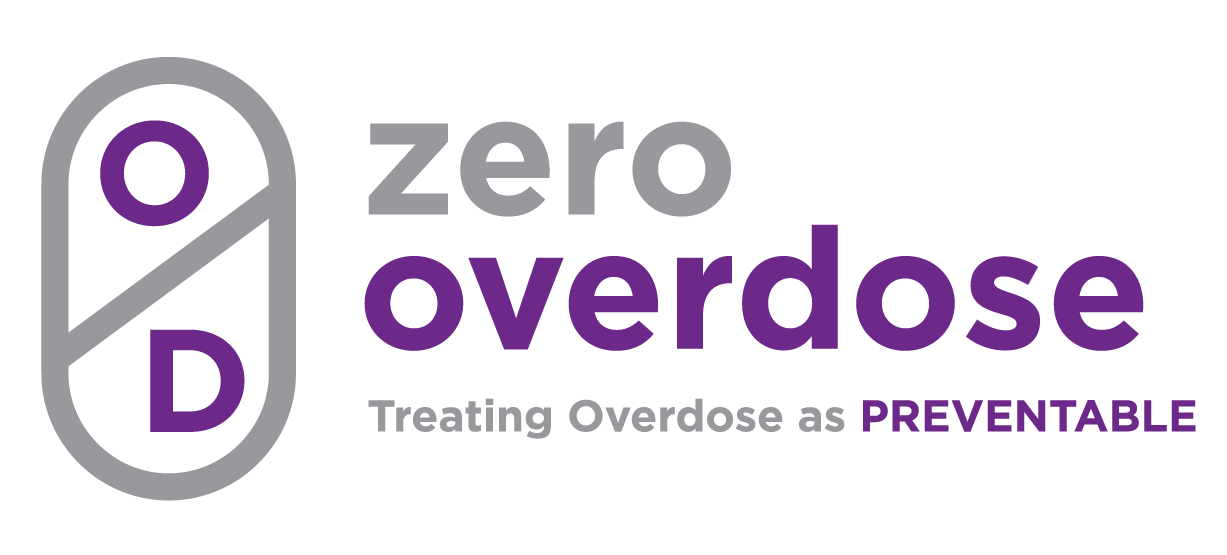Substance use disorder affects over 35 million people worldwide, yet only one in seven receives the treatment they need. One of the biggest barriers to seeking help is stigma—negative attitudes and misconceptions that fuel discrimination and shame. Stigma doesn’t just affect individuals; it shapes policies, limits access to care, and reinforces cycles of addiction.
Understanding the Impact of Stigma
- People with substance use disorders are often labeled as weak or morally flawed, rather than recognized as individuals facing a complex medical condition.
- Stigma within healthcare settings leads to delayed treatment, lower quality of care, and increased mortality rates.
- Fear of judgment prevents many individuals from reaching out for support, worsening isolation and mental health struggles.
How Zero Overdose is Leading Change
Zero Overdose is working to dismantle stigma through education, strategic partnerships, and safety planning. By addressing misconceptions and expanding primary prevention efforts, Zero Overdose is creating a more supportive environment for individuals in need and reshaping the way the nation views addiction.
Community Education and Advocacy
- Zero Overdose collaborates with the National Council for Mental Wellbeing to develop evidence-based educational programs that challenge myths surrounding addiction.
- Public awareness campaigns and Zero Overdose’s podcast highlight substance use as a health condition rather than a personal failure, promoting compassion, openness about personal experiences, and science-driven solutions.
Primary Prevention and Safety Planning through Community
- Zero Overdose integrates safety planning into existing behavioral health frameworks to provide proactive support for individuals at risk.
- Educational initiatives focus on early intervention, helping communities recognize the signs of substance use disorders and respond with empathy rather than judgment.
Changing Perspectives, Saving Lives
Stigma is a preventable barrier to recovery. By prioritizing education, strengthening partnerships, and promoting primary prevention, Zero Overdose is helping reshape the narrative around substance use. When communities replace judgment with understanding, more people can access the care they deserve, leading to healthier, more supportive environments for everyone.





